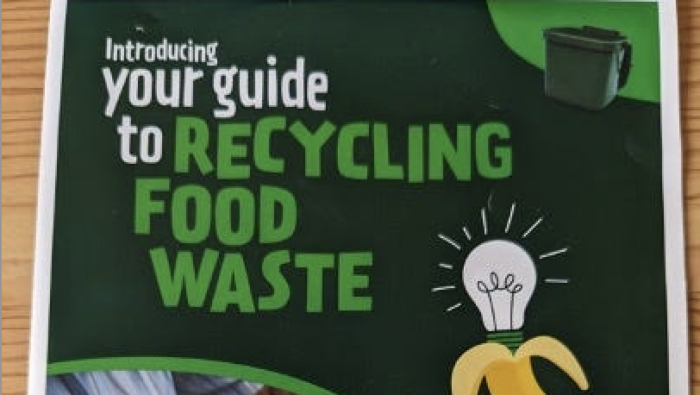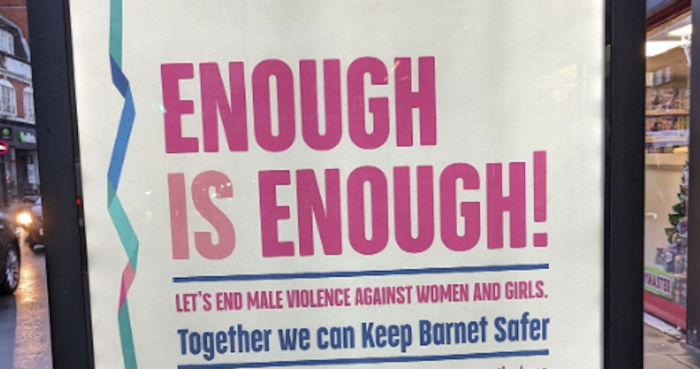
Once again, we find ourselves reading about alarming new evidence of a rising tide of ill-health. Cancer diagnoses have shot up by nearly 80% amongst under-50s, and researchers suggest that lifestyle factors are likely to blame.
It’s clear that many people would benefit from healthier diets, more physical activity, cutting down on booze and quitting smoking. But the big question is: how do we get people to do this?
Well, leaders in public health have come together to share the answer: bringing back the good old days of hard-hitting advertising campaigns and better labelling.
Now, let me be up-front: I too love a brilliant behaviour change campaign. I grew up in an era where the best ones drove national conversation; their power is partly why I chose a career in behaviour change. It’s true that they don’t make them how they used to; they’re not as big and nowhere near as punchy. But the truth is that even the best campaigns did not have the power to solve the problem then; and they won’t now.
If there’s one thing we learn as behaviour change practitioners, it’s that we’re all subject to biases that warp our thinking. This doesn’t just apply to the people whose behaviour we are trying to change — it’s us too. And one common bias that I have seen repeatedly throughout my career is a belief that we can make major strides on big social issues through education or motivation alone.
This leads well-intentioned leaders to conduct omnibus surveys that ask questions like: how aware are the general public about the risks of obesity, smoking or drinking? We see a stat coming back that says that only 55% of 15–24s are aware that smoking increases your risk of cancer, and we think, ‘ah, that must be the problem’.
Quant surveys are sometimes used as a comfort blanket. They are padded with methodological rigour, giving us data from large nationally representative samples, making us over-confident that we are being sufficiently evidence-based.
Sometimes we don’t stop to think — what is this data actually telling us? How can it be that 45% of young people don’t know the risks when all tobacco sold in the UK is plastered with stark labels warning of the health risks? Either something is wrong with the labels, or something is wrong with how we are interpreting this data. Instead of assuming that it’s a problem, maybe the 45% are living their lives as happy non-smokers and have no intention of ever starting.
Another bias that affects us all is the desire to seek easy solutions to problems. Creating a great campaign is a lot of work, but compared to alternatives it’s an easy option, because it’s a path we’ve taken before. We can convince stakeholders to part with budget because they too believe the myth that what we need is more education or motivation. The procurement channels are there, the ad agencies are ready to compete with each other to win the pitch, take your money and create a campaign.
The harder thing to do is look at the bigger picture, properly unpick the problem, gain an in-depth understanding of the behaviours you’re trying to change using a full range of research methods across multiple disciplines, and to develop a comprehensive strategy to solve it. One that brings together organisations and people from across the system to make hard choices and changes; creating environments that make healthy behaviours easier, cheaper and more socially supported. We’ll need a variety of tools for the task. Brilliant campaigns may increase the amount of silverware in your ad agency’s cabinet, but they will never, ever be a silver bullet.
As with all our blogs, the information contained in this post represents the views of the author and does not necessarily represent the views of Behaviour Change Ltd.
Share
RELATED ARTICLES
Behavioural science

The tortured norms department
Our Head of Strategy, Kate, reflects on why social norms are always used to their full capacity
30/04/24
Read moreOpinion

Enough of ‘Enough is enough’
Kate shares why women deserve better messaging than 'enough is enough'
08/03/24
Read moreSustainability

The rise of buy-to-return is killing the planet
Tasha investigates what happens to clothing returns and the impact of buy-to-return behaviour
08/11/23
Read more